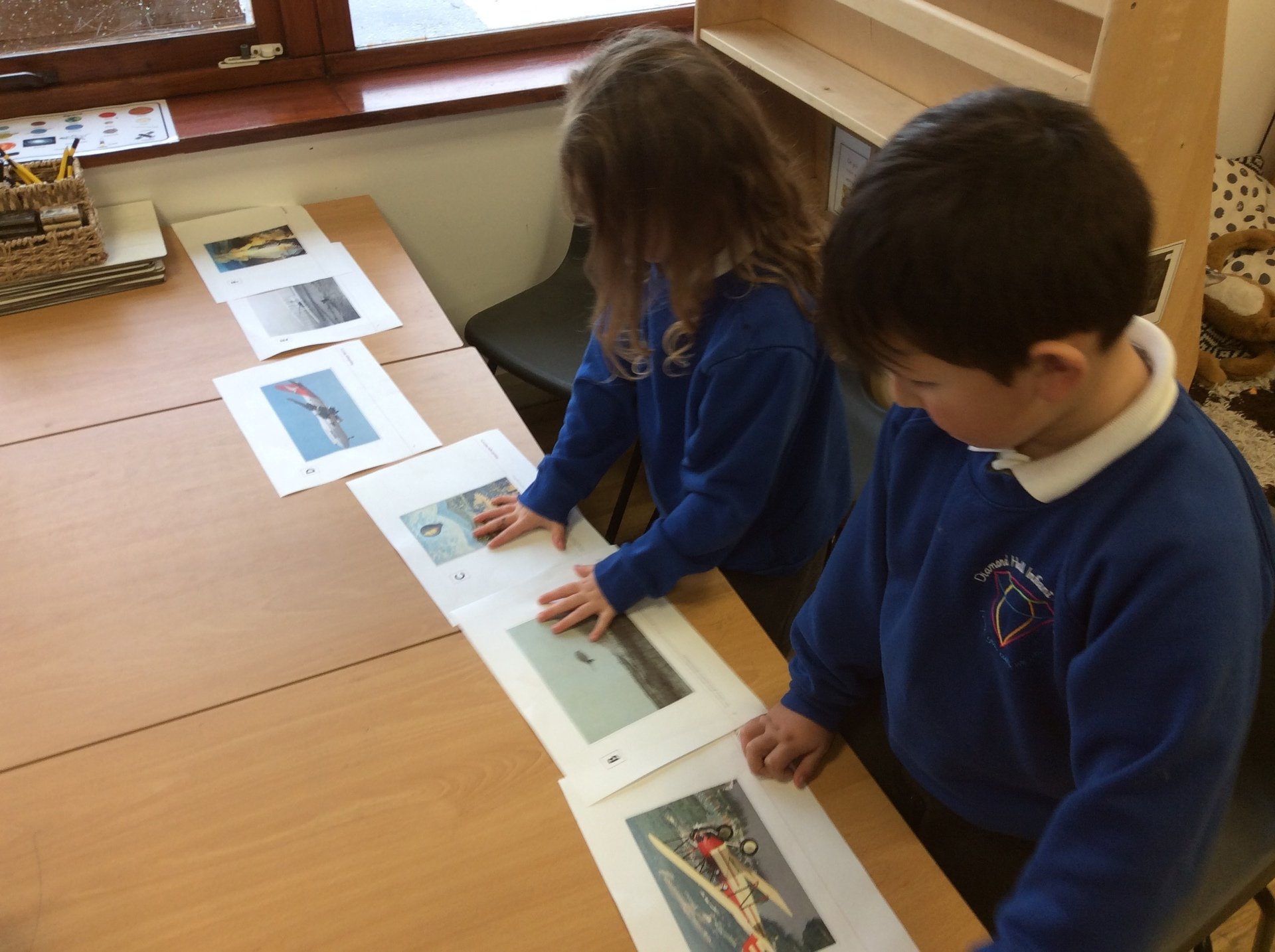History
Intent
|
At Diamond Hall Infant Academy, we offer an inclusive, hands -on, engaging History curriculum that allows all pupils to reach their full potential. It is carefully tailored to our school, ensuring learning is relevant and meaningful for all of our pupils. History holds an important place in the growth of our children, which gives them a sense of where they have come from and how society has changed and developed. History is a vital subject in order for pupils to gain a coherent knowledge and understanding of Britain’s past and that of the wider world. It inspires pupils’ curiosity to know more about the past. Teaching and learning in History equips pupils to ask perceptive questions, think critically, weigh evidence, sift arguments, and develop perspective and judgement. It helps pupils to understand the complexity of people’s lives, the process of change, the diversity of societies and relationships between different groups. |
|||||
|
EYFS: Diamond Hall Infant Academy aims to guide children to make sense of their physical world by developing their skills and knowledge as early historians. Our curriculum is designed to build on children’s own interests as well as equipping them with knowledge and understanding of local history and their local community. The curriculum ensures skills and knowledge taught, prepares children for their future learning in Key Stage One and beyond. |
|||||
|
KS1: The curriculum focusses on children learning about historical changes within living memory and events beyond living memory that are significant locally, nationally or globally e.g. The Great Fire of Gateshead & The Great Fire of London. They also research the lives of significant individuals in the past who have contributed to national and international achievements e.g. Mary Anning and Neil Armstrong. The history curriculum is divided into three areas of learning which together, give children the skills they need to be competent, inquisitive historians building on knowledge and skills already taught:
|












































